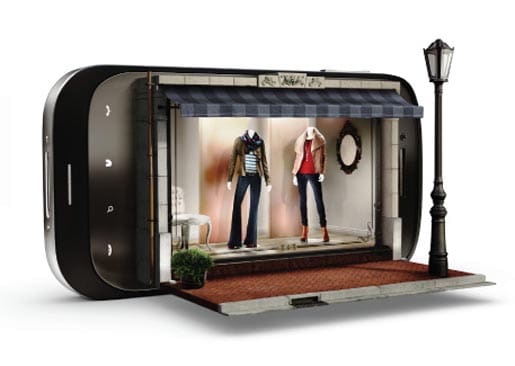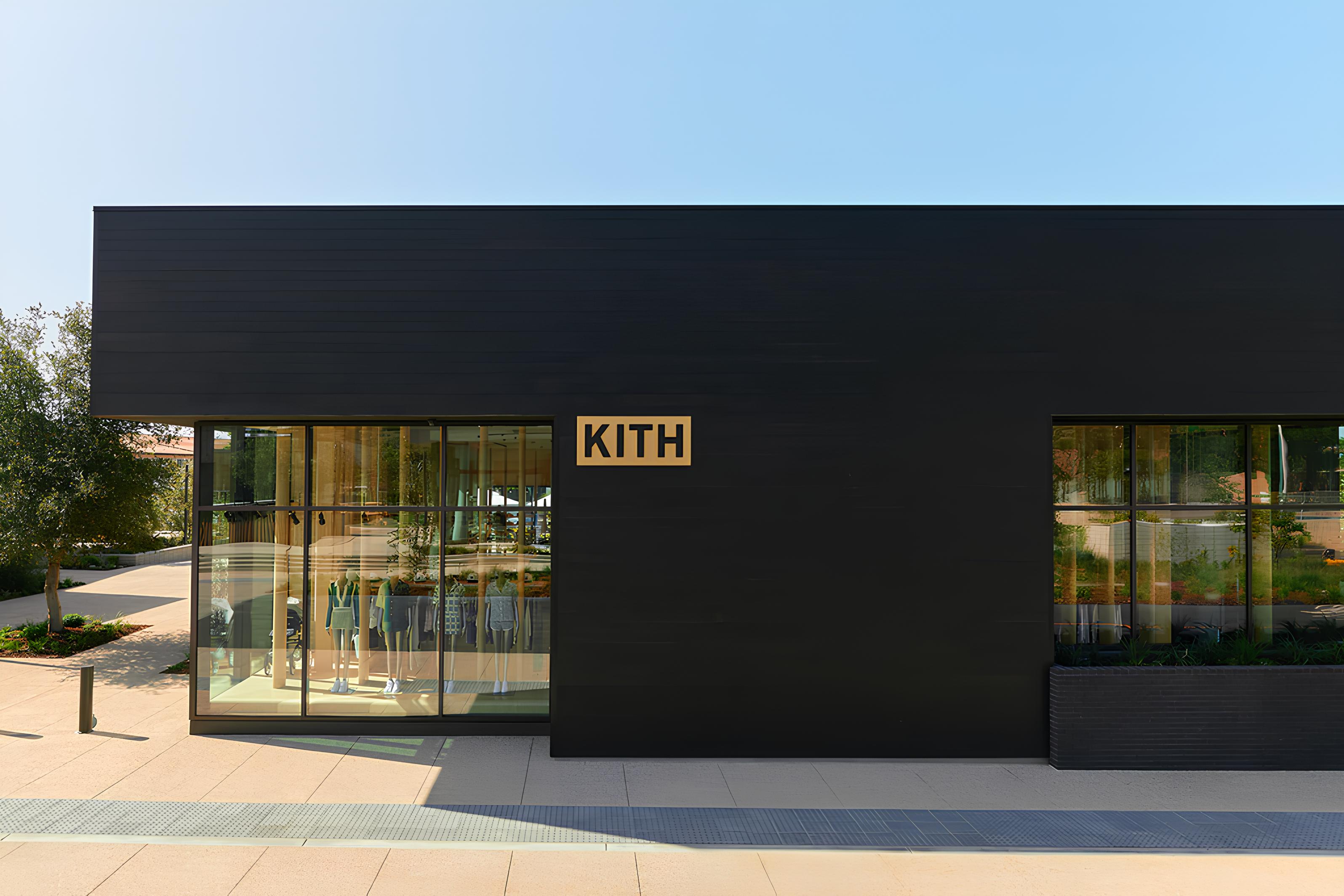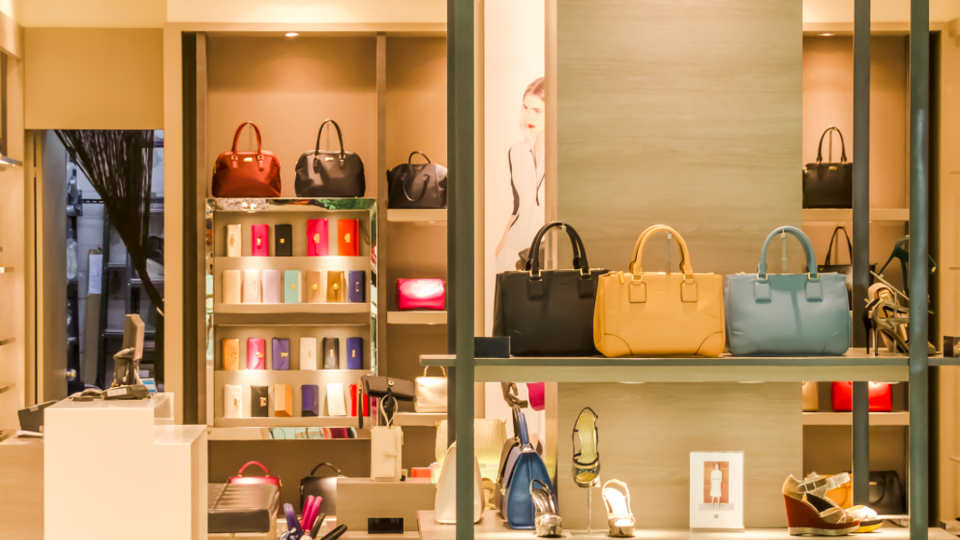Luxury Society asks e-commerce expert and Digital River EMEA Vice President Marco Vergani about the biggest mistakes luxury brands make on their websites and how to excel.

Luxury Society asks e-commerce expert and Digital River EMEA Vice President Marco Vergani about the biggest mistakes luxury brands make on their websites and how to excel.
Luxury Society asks e-commerce expert and Digital River EMEA Vice President Marco Vergani about the biggest mistakes luxury brands make on their websites and how to excel.
The competition between e-commerce and conventional offline shopping channels continues to heat up – even at the high end of the consumer market. But too many luxury brands are being held back by their boutique ideals and missing opportunities to strengthen their relationships with consumers by selling direct-to-consumer online.
Luxury Society recently spoke with Marco Vergani, Vice President and General Manager, EMEA at Digital River, who is an expert on commerce solutions, to learn more about what luxury brands can do to maximise their online commerce efforts and strengthen their direct relationships with their customers.
“ 89% of shoppers visit the website of the brand they’re considering ”
Are consumers more likely to shop on online marketplaces, or brand websites?
Even in the ascendancy of online marketplaces like Amazon and Taobao — even in the era when much shopping takes a micro-moment rather than a leisurely afternoon — the vast majority of online shoppers take the time to go straight to the brand.
We commissioned a study of 1,000 consumers which found that when shopping online, 89% of shoppers visit the website of the brand they’re considering. This fact should give brands pause.
There is no substitute for the enduring luster of the brand itself. That’s especially true for consumer luxury goods, where brands are particularly tethered to their prestige and quality. Now here’s a good question for upmarket brands: If eight or nine out of every ten of your prospective online customers visit your website, what do they find there?
“ Brands need to learn that going direct online doesn’t mean forsaking class for mass ”
What is the biggest mistake most brands make on their websites? *
The biggest mistake brands make on their websites is failing to seize the direct-to-consumer e-commerce opportunity. Far too often, a consumer will encounter a brand’s website that amounts to nothing more than a glossy catalogue of unpurchaseable products. In the case of luxury brands, making an actual sale is often out of the question. Therefore, brands need to learn that going direct online doesn’t mean forsaking class for mass; rather, it enables brands to partake in direct e-commerce.
Why should brands partake in direct e-commerce?
Another finding from our research reveals that while almost nine out of ten consumers will visit your website when shopping for your products, 31 percent say they will change brand allegiance if they can’t buy directly from you. If you’re not selling your products directly to the consumers who visit your website, you’re losing about one out of every three potential online sales to a competitor. Brands are powerful—so powerful, in fact, that brands that won’t sell directly lose sales to others that will.
Won’t direct online selling give brands mass market appeal & diminish the luxury allure of high-end brands?
Our research shows this is not the case. On the contrary, direct online sales can preserve, deepen and even protect the brand experience. Consider the alternative: pushing online visitors to third-party retailers or marketplace sites leaves your brand vulnerable to lax or absent adherence to your brand guidelines, uncontrollable customer experiences and the possible introduction of counterfeit merchandise, which has been estimated to cost the global economy upwards of $250 billion a year.

How can brands benefit from “going direct”?
By selling your products on your own website, on your own terms, you preserve the equity you’ve built in your name and reputation—and build intimacy and loyalty with your customers, which can fortify your brand for years to come.
You can provide the convenience, which only online shopping offers, while still extending the white glove service your clientele have come to appreciate from your main street boutiques or other offline settings. And you can protect your customers from counterfeit merchandise, ensuring your site is the default destination for authentic items through strong control over your inventory and distribution channels.
There is no substitute for selling online directly to consumers. For a reasonable investment, you can reap lasting rewards—better sales, total control over your brand experience, deep customer insights and rich opportunities to build lasting loyalty. And deep loyalty, after all, is what high-end brands are made of.
To further investigate the changing luxury landscape and select industry expert opinions on Luxury Society, we invite you to explore the related materials as follows:
– 2016 Luxury Industry Predictions From The Experts
– Opinion: Why Are Luxury Brands Cowards Online?
– Luxury Etail: Why Are You Refusing To Speak With Your Customer?










